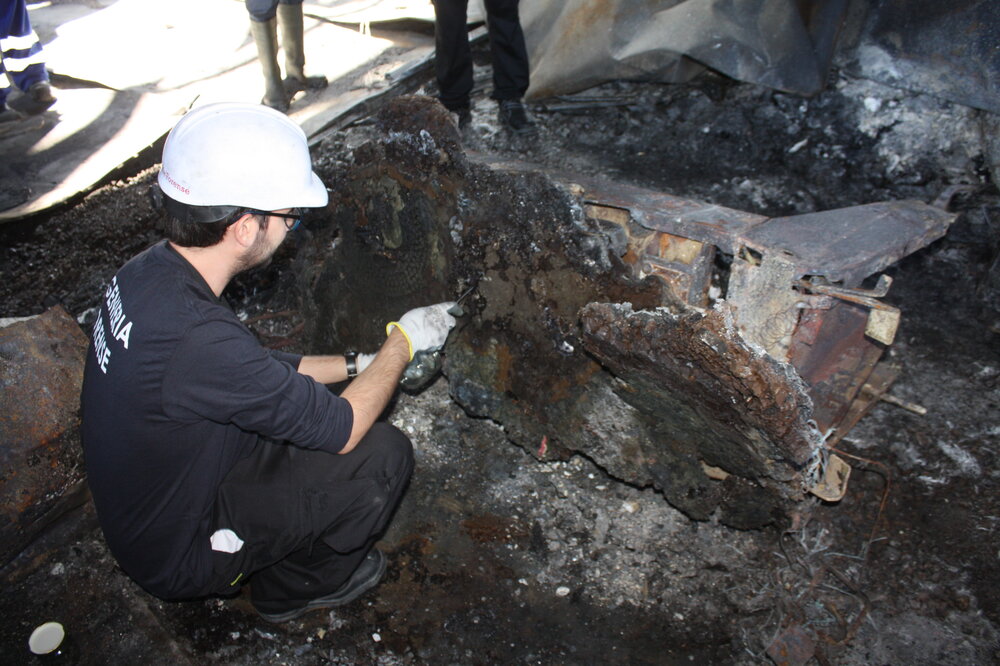Learning the source or root cause of a loss event is, along with the appraisal of the loss and damage, the most important task of a loss adjuster in the event of a claim.
There are 3 reasons why it is essential to learn the exact origin of the loss event:
- So as to ascertain the cover for the same. For example, in the case of a Machinery Breakdown brought about by slow and gradual corrosion, the claim would not be covered.
- So as to recover the indemnity from a third party, if we can demonstrate their liability in the cause of the same.
- Because if we know exactly what has occurred, we can take steps so as to prevent the same thing from happening again and bringing about a similar loss event in the future.
In complicated claims, such as a major fire, it is advisable to involve investigators and experts in the examination of its root cause. Fortunately, there are an ever increasing number of firms and teams specialising in this work for ascertaining the exact source of a fire. It is important to confirm that it has had an accidental origin and that we are not dealing with a loss event that was caused deliberately.
Likewise in the case of Machinery Breakdown, it is vital to involve metallurgical laboratories so that, based on the analysis of the part that initially broke, it can be determined whether it was a sudden and accidental breakage or was the consequence of a slow and gradual process. As we have stated earlier, in this second case the claim would not be covered.
Although, ideally, official laboratories or ones belonging to Schools of Engineering should be used, these bodies have the problem that they tend to take several months to provide the results of the analyses and often this is not acceptable, since the Insured and the Insurers want to know as soon as possible whether or not the claim is covered by the policy. That is why we at VANTEVO CLAIMS ADVISORS usually use private laboratories and investigators of recognised professional competence since they are able to be more agile in furnishing the outcome of their investigations.

